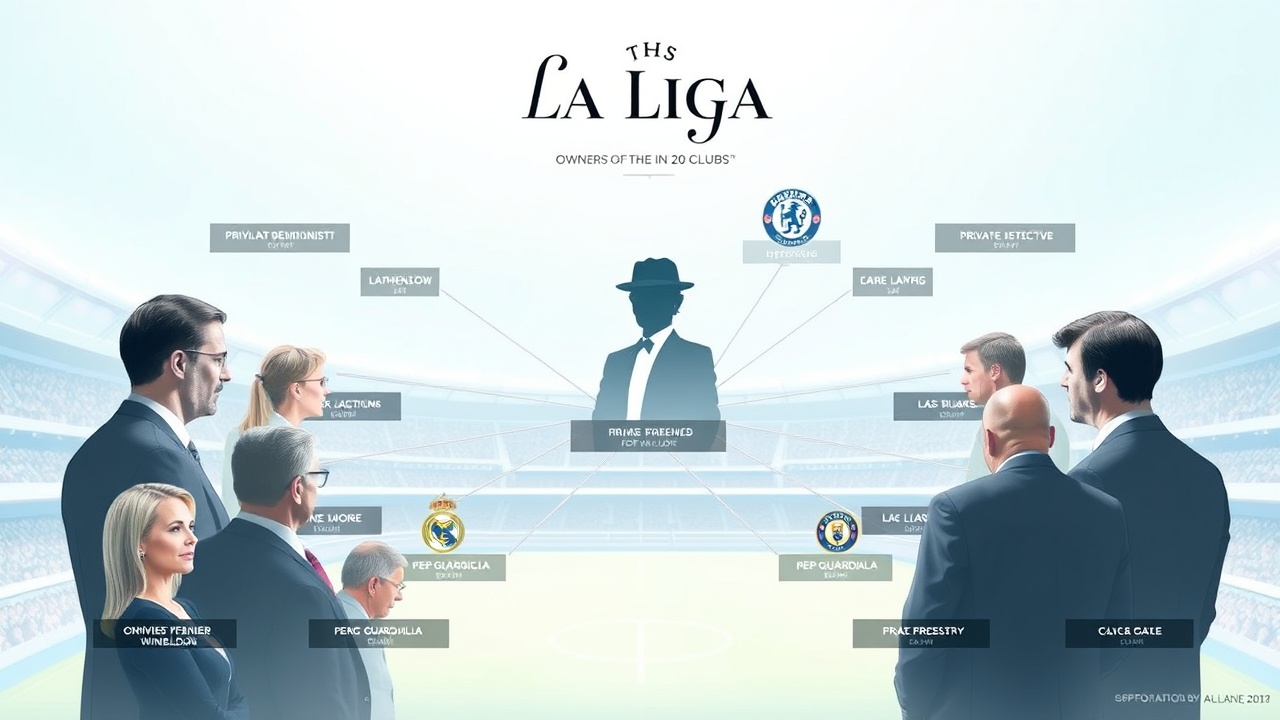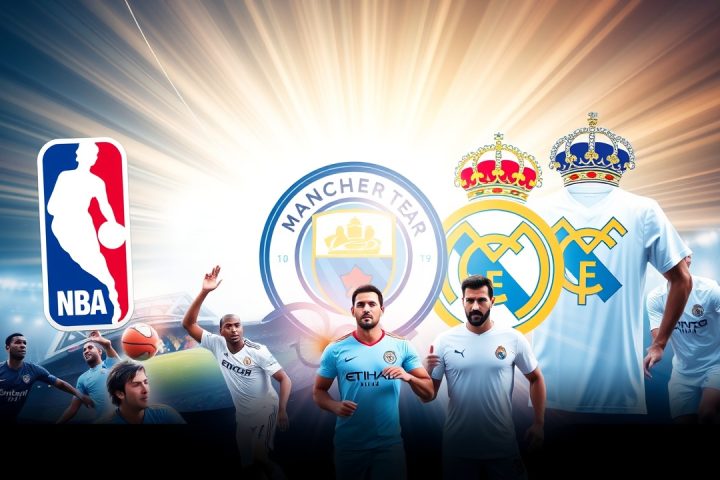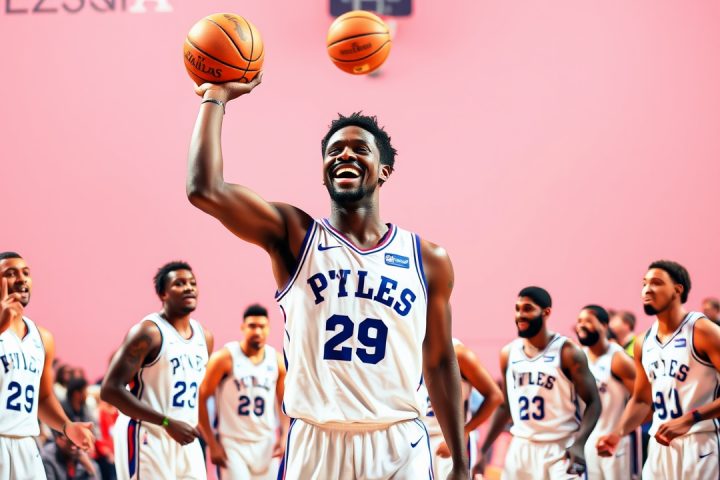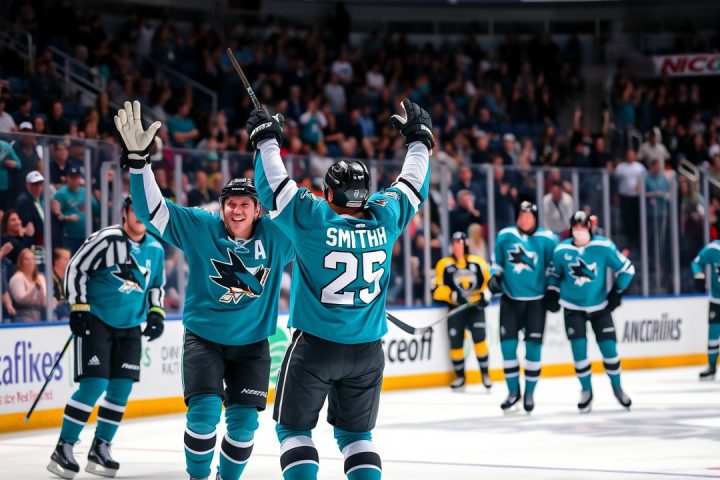Ownership in La Liga: A Diverse Landscape
The array of ownership in La Liga is remarkable, showcasing a blend of diverse backgrounds ranging from toy manufacturers to professional sports figures. The significant transformation of ownership started in 1992 when the Spanish government mandated that most clubs transition from being member-driven organizations to private limited entities. Notable exemptions include Real Madrid, Barcelona, Athletic Club of Bilbao, and Osasuna, which remain under membership control.
Current Club Ownership
Fast forward to today, club owners and major stakeholders hail from various countries including the United States, China, Brazil, and beyond, marking a shift towards intricate, sometimes opaque, ownership structures. Many fans may not be aware, for example, that Atletico Madrid is partly owned by Idan Ofer, listed as the 120th richest person in the world.
Among the 20 La Liga clubs, ownership varies significantly:
- Alaves: Owned by Josean Querejeta, a former basketball player with significant success in basketball management, Alaves is unique in being acquired by local basketball club owners. After recovering from early financial turmoil, the team is on a solid path with a record budget of €77.3 million for the 2024-25 season.
- Athletic Bilbao: Still a member-driven club, Athletic boasts 43,639 socios who elect a president to lead them. President Jon Uriarte, elected in 2022, has attempted to modernize operations while upholding the traditional ethos of fielding only Basque players.
- Atletico Madrid: President Enrique Cerezo leads a complex ownership consortium that includes ties to Azerbaijan’s government and international investments. The club has seen substantial growth under Diego Simeone, with new financial backing from entities like Ares Management Corporation.
- FC Barcelona: Owned by 133,164 members, Barcelona’s president Joan Laporta is tasked with navigating a sea of financial challenges since taking office again in 2021. His controversial strategies have raised concerns about long-term implications for the club.
- Celta Vigo: The Mourino family has led Celta for years, leveraging their business interests in Mexico to stabilize the club. President Marian Mourino recently took over from her father, marking a new chapter in a historically successful tenure.
- Espanyol: Under management of China’s Rastar Group, which holds almost full ownership, the club has diversified its investments since 2016. This decision has not been without criticism from local fans.
- Getafe: Owner Angel Torres has been at the helm since 2002, leading the team out of debt and into La Liga success. His long tenure is marked by public support and notably ambitious renovation plans for the club’s stadium.
- Girona: Once a modest club, Girona has seen significant foreign investment through partnerships with the City Football Group. Key shareholders include Pere Guardiola, brother of famed Manchester City manager Pep Guardiola.
- Las Palmas: President Miguel Angel Ramirez has an eclectic background as a private detective and founder of a major security firm. Under his leadership, Las Palmas has been navigating financial challenges while striving to remain competitive.
- Leganes: Newly acquired by the Blue Crow Sports Group, led by former Houston Astros general manager Jeff Luhnow, the team aims for stable future development in La Liga after a recent promotion.
- Osasuna: This club continues to be fully member-owned and has faced financial scandals in recent years but is now rebuilding on its historical foundations.
- Rayo Vallecano: Under Raul Martin Presa, the club has faced significant fan discontent over management decisions and financial strife, leading to backlash particularly due to contentious relationships with fan groups.
- Real Betis: The club has seen a renaissance after emerging from bankruptcy, with its current ownership seeking to leverage the club’s past glory while aiming for future stability.
- Real Madrid: Known for its rich history and global fame, Madrid, under Florentino Perez‘s stewardship, continues to flourish financially, projecting massive revenues while maintaining a member-centric governance structure.
- Real Sociedad: Uniquely structured with many small shareholder stakes, Sociedad balances its competitive aims with a strong local ethos and community engagement.
- Real Valladolid: Renowned footballer Ronaldo‘s purchase of the club has been met with mixed responses from fans, highlighting the highs and lows of ownership amid turbulent performance seasons.
- Sevilla: The club operates under a unique set of numerous family-controlled shares, dealing with both internal leadership challenges and a fluctuating financial environment.
- Valencia: Under Peter Lim‘s controversial ownership, Valencia has seen highs in trophy wins but ongoing criticism over financial management and strategic decisions continue to hinder its growth.
- Villarreal: Owner Fernando Roig‘s success in the ceramics industry has translated into significant investment in the club, allowing Villarreal to achieve notable domestic and European performances.
The ownership landscape of La Liga not only reflects the evolution of sports investments, but also underscores the diverse backgrounds and motivations behind each club’s leadership and their vision for the future.




